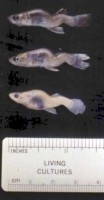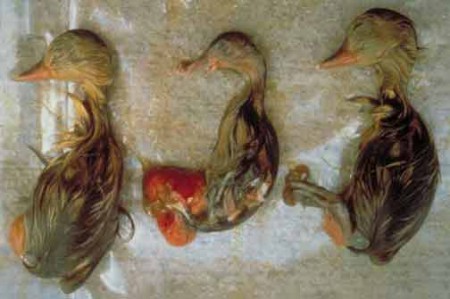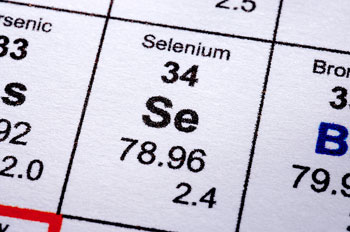Measure would have allowed increased dumping of selenium compound by coal mining companies
 NASHVILLE – On Wednesday State Representative Joe Pitts (D-Clarksville), along with thirty-nine other House Democrats and two Republicans, voted down a bill that would have allowed coal mining companies to dump unacceptable levels of selenium into local streams and rivers.
NASHVILLE – On Wednesday State Representative Joe Pitts (D-Clarksville), along with thirty-nine other House Democrats and two Republicans, voted down a bill that would have allowed coal mining companies to dump unacceptable levels of selenium into local streams and rivers.
“The overwhelming scientific evidence cited in committee testimony indicated the proposed levels of this dangerous mineral would be intolerable for humans or animals,” said Pitts. “We chose to maintain a safer position than to risk the public health over something that can’t be undone if we make a mistake and today we said enough is enough.”

House Bill 1204 by Rep. Joe McCord (R-Maryville) would have increased the toxic effluent limitations of the substance known as selenium. Inorganic selenium is present in water in two key forms and is highly toxic to fish and wildlife.
Under the proposed legislation, Tennessee standards on selenium could not be any more stringent than the recommended national criteria established by the Environmental Protection Agency (EPA). However, the bill also goes further and adopts a proposed 2004 standard not recognized as the official standard of the EPA. Current EPA standards established in 1984 recognize the maximum level of selenium at 5ug/g. Under HB1204, that standard would be weakened to 7.9ug/g.

In a report presented by Dr. A. Dennis Lemly, the original scientist in charge of developing the revised selenium standard, he writes that there are “several egregious errors bias EPA’s draft selenium criterion” and the report “dangerously overestimates the safely tolerable tissue-based number.” The report goes on to say that the suggested standard of 7.9ug/g “would allow up to 85% of fish and aquatic birds to be poisoned.”
“As Legislators, we have a responsibility to be good stewards of our state, and to do what we can to protect it for the next generation of Tennesseans to come,” said Pitts. “Poisoning our fish and wildlife, and ruining drinking water for the sake of coal production is not the definition of being a good steward.”
In response to questions, EPA Acting Regional Administrator A. Stanley Meiburg wrote a letter stating that the standard being proposed by HB1204 is “not an adopted or recommended standard or even a proposed rule” and that “the EPA is still working on a selenium standard based on analysis of fish tissue to set a selenium level which protects against the chronic effects of selenium as it builds up in fish and other aquatic life.”

“This legislature is trying to take Tennessee into the 21st Century and with it bring green jobs and opportunities all across our state,” said Pitts. “How can we promote a new generation of green workers if we continue to destroy the natural resources that we have?”
The bill failed to reach the required 50 votes necessary for passage and has now been referred to the House Calendar and Rules Committee. The measure may still be brought up before the end of session later this month.



